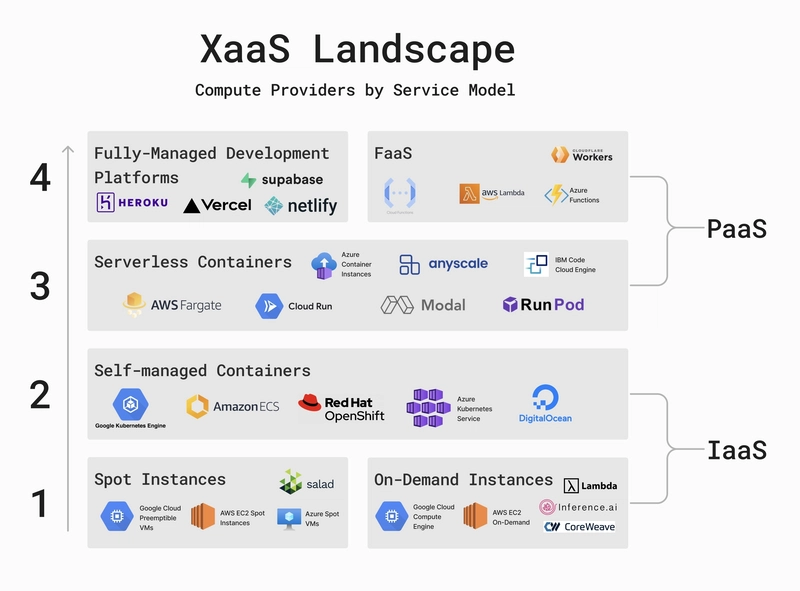Trump steps up attacks on pollsters
President Trump has stepped up his attacks on pollsters since his victory in November, raising concerns for an industry that was already facing challenges to its credibility. Trump’s latest attacks came this week when he called for pollsters to be investigated as many surveys show him with historically low approval ratings for a president 100...

President Trump has stepped up his attacks on pollsters since his victory in November, raising concerns for an industry that was already facing challenges to its credibility.
Trump’s latest attacks came this week when he called for pollsters to be investigated as many surveys show him with historically low approval ratings for a president 100 days into a White House term. He is already suing longtime pollster Ann Selzer over a poll released before Election Day that showed him trailing in Iowa.
Experts said that while pollsters aren’t likely to back down from doing their jobs due to Trump's threats, the attacks fuel concerns over free speech and add yet another challenge for an industry already struggling to restore the public’s trust in its work.
“A big role of polling is to give a voice to regular people, and if regular people stop trusting that, then that's just one other facet of American political life where people are losing faith in core institutions, and I think that's something we all have to be concerned about,” said Michael Hanmer, the director of the Center for Democracy and Civic Engagement at the University of Maryland.
The past decade has arguably been a rough time for the polling industry.
Trump pulled off an upset victory in 2016 after Hillary Clinton had widely been considered the favorite. While national polling averages correctly predicted Clinton’s slight popular vote win, Trump was underestimated in the key states that put him over the top.
Pollsters adjusted their methodologies, but many were even further off in 2020, correctly predicting President Biden’s win but by a much smaller margin than expected.
Much attention was on the polls ahead of last November to see whether 2024 would illustrate some of the same issues, and while polling accurately predicted the close race that it was nationally, Trump was the candidate who was slightly underestimated, allowing him to sweep all the key battlegrounds.
With the country closely divided on key issues, pressure has grown on the industry to more accurately capture voter sentiment, said Lee Miringoff, the director of the Marist Institute for Public Opinion.
“The country's roughly a 50-50 country, and most attention’s spent on battleground states, which are the ones that are seen anyway,” he said. “And I think it makes sense that polls will be asked to be very precise and sometimes beyond what’s reasonable to do methodologically. If you had a 60-40 country, if you’re off 3 or 4 points, no one cares.”
But Trump has ramped up his threats against pollsters as part of a wider attack on institutions, Hanmer noted.
The president sued Selzer and The Des Moines Register in December for its Iowa poll taken days before the election that showed him behind before he easily won the state. He alleged Selzer and the outlet engaged in deception, violating Iowa’s consumer fraud laws.
And he’s more recently reignited this battle with polling as his approval rating has dropped to among the lowest levels for any president at this stage of their presidency.
“The New York Times has only 37% Trump 2024 voters, and the ABC/Washington Post Poll has only 34% Trump Voters, unheard of numbers unless looking for a negative result, which they are. These people should be investigated for ELECTION FRAUD, and add in the FoxNews Pollster while you’re at it,” he posted on Truth Social on Monday.
“They are Negative Criminals who apologize to their subscribers and readers after I WIN ELECTIONS BIG, much bigger than their polls showed I would win, loose a lot of credibility, and then go on cheating and lying for the next cycle, only worse,” he added.
The New York Times denounced Trump's attack in a statement to The Hill on Wednesday, saying it won't "be deterred by the administration's intimidation tactics.
Top White House aide Stephen Miller piled on during an appearance on Fox News on Tuesday, telling anchor John Roberts that “it is our opinion that Fox News needs to fire its pollster” and that the pollster has “always been wrong” about Trump.
Roberts addressed Miller’s comments later in the broadcast. “He made a remark that was critical of our polling, but here at Fox News, we stand by our polling, as we always have,” Roberts said.
Experts said they don’t expect Trump’s legal challenge to be successful, and pollsters don’t seem to be fearful.
W. Joseph Campbell, a professor emeritus of communication at American University, argued Trump may be undercutting what could be a better argument attacking the polls’ legitimacy.
“If Trump wanted to make some arguments against the polling industry, he could just point to those past [elections] and say, ‘Hey, they underestimate my support. They're going to keep doing that, because they just don't know how to reach Trump supporters,’” Campbell said. “That might be a more effective way to counter the polling numbers than to threaten to investigate them or as he did with Selzer.”
“That raises all kinds of First Amendment issues,” he added.
Michael Traugott, a research professor emeritus at the Center for Political Studies at the University of Michigan, said the credibility issue that Trump’s efforts expose is somewhat a reaction to the hyperpolarized times for the country.
“People will tend to find poll results more credible when the results show that a majority of people hold the same view that they do and less credible when they show a majority hold different position,” he said.
Traugott said Trump may reap a political benefit in further shoring up his base as his approval declines outside his own party, which is normal for presidents as their term goes on.
Meanwhile, pollsters said transparency is the key to rebutting the criticism, making their process and why they made their methodology decisions clear.
“That's been an age-old struggle to provide clarity and the context within which a poll was taken,” Miringoff said. “So if you're doing a postconvention poll or a postdebate poll, there may be some short-term music, but it's important to provide the audience with context when poll was taken. And, obviously, not all polls are created equally.”
But for the current moment, analysts also noted approval rating polls are different from election polls, and they’re widely showing the same thing right now.
“This particular instance of what's going on right now is the public could take comfort in the fact that ... polls are all going in the same direction,” Miringoff said, adding confidence that the numbers are painting the right picture.






































































